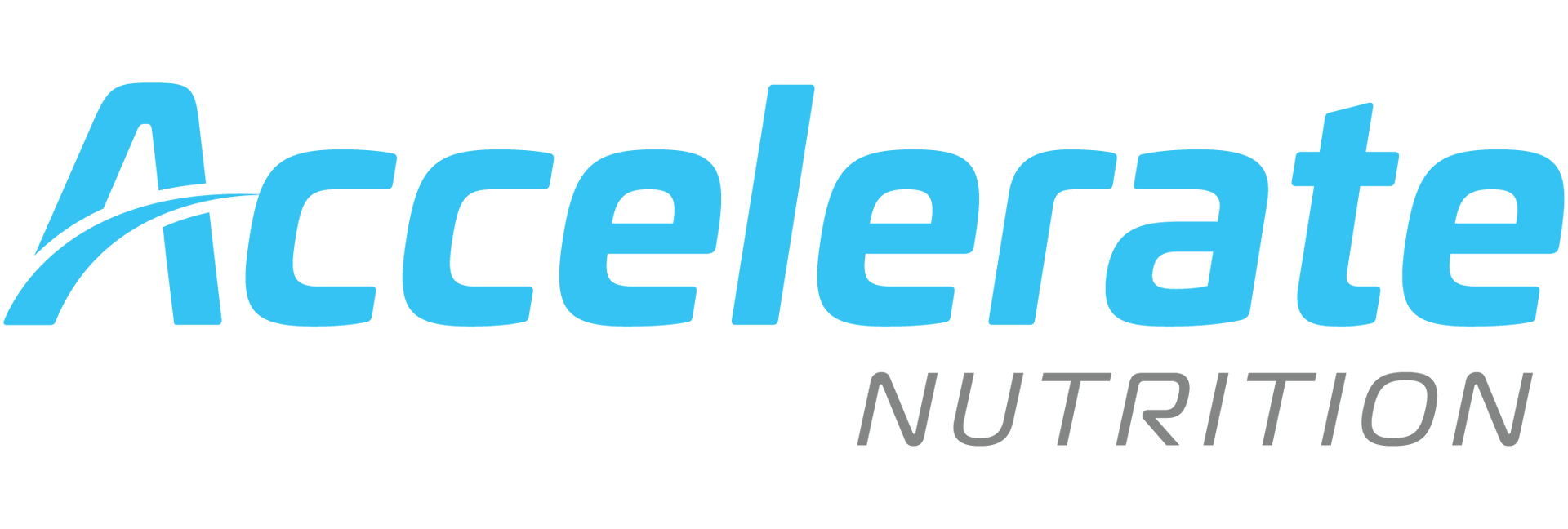Nutrition Challenges for Prader-Willi Syndrome
Prader-Willi Syndrome (PWS) is a rare genetic disorder that effects growth and development. Common characteristics include shorter stature, intellectual disability and constant hunger which can lead to weight gain. Unfortunately, there is no cure for Prader-Willi and it cannot be prevented, however professional medical and allied health care can help manage some of the concerns associated with PWS.
Symptoms
- Difficulty feeding at birth
- Weak cry
- Developmental delay e.g. sitting, crawling and walking
- Increased appetite (around the age of 5-7)
Obesity and Prader- Willi Syndrome
From about the age of 5, a child with PWS can experience excessive increases in appetite. For this reason, children with PWS have a significantly higher chance of being obese. This can pose as a big challenge for children and families impacted by PWS, but this can be managed with adequate dietary, lifestyle and behavioural interventions.
Dietetics involvement
Below are some dietetic interventions that will assist with improving health and wellbeing of a child with Prader- Willi Syndrome:
- Strict supervision of diet is vital: energy (calorie) restriction when appropriate
- Implementation of beneficial meal time behaviours
- Development of an eating routine
- Dietetic counselling involving the whole family
- Encouragement of physical activity
Dietary restriction is not required for a child under the age of 2 with Prader- Willi Syndrome. For more information, please consult with an accredited practising dietitian.
References
Miller et al. (2013) A reduced-energy intake, well-balanced diet improves weight control in children with Prader-Willi syndrome. J Hum Nutr Diet. 26, 2-9
PWS New Zealand, Dietary Management, www.pws.org.nz





